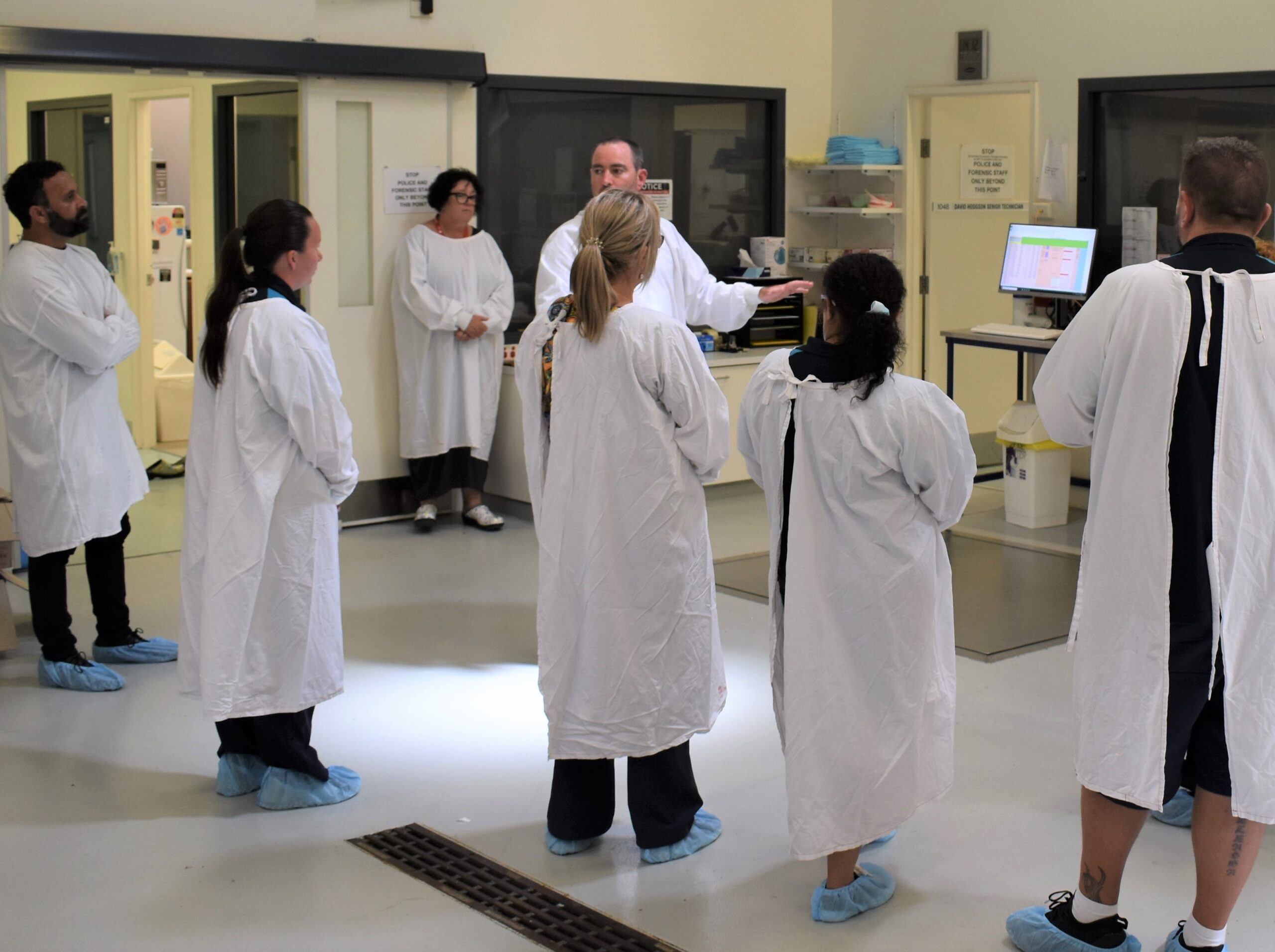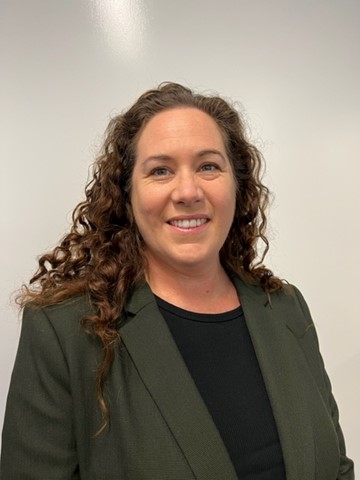Media Resources & Contact
In this story

First Nations people are over-represented in the coronial system and NSW Health Pathology’s Forensic Medicine Service is working in partnership with the Aboriginal community to ensure all deceased persons are given the respect, dignity and care they deserve.
The Forensic Medicine service is committed to providing culturally safe and sensitive support for Aboriginal and Torres Strait Islander families whose loved ones have been referred to the Coroner following an unexpected or unexplained death.
Recently, the service welcomed Aboriginal Liaison Officers from Local Health Districts across NSW to its Newcastle facility for an afternoon of listening and sharing.
Senior Forensic Medicine Social Worker Danny Nugus said it was an opportunity to show how the service operates and its commitment to supporting the Indigenous community.
“The Forensic Medicine service is acutely aware of the overrepresentation of First Nations people in the coronial system as a result of the impacts of colonisation and intergenerational grief, loss and trauma,” said Mr Nugus.
“Distressingly, many of these families encounter the coronial process and our service multiple times.
“Much is misunderstood about the coronial referral and post-mortem process, particularly in regional areas.
“Working in partnership with community and partner agencies can help demystify the work of the Forensic Medicine Service and the organisation welcomes opportunities to talk about how respect, dignity and care for deceased persons, and their families, is central to everything that they do at Forensic Medicine.
“Culturally competent practice and building relationships is at the heart of reconciliation and that there can never be a ‘one-size fits all’ approach.
“By asking people what their needs are – individually, culturally, spiritually, as a family, and as a community – we can do their best to be responsive.
“For example, we will support a family’s request for a viewing, memory collation such as hand prints, a smoking ceremony, or other cultural rituals including painting,” he said.
The service also supports the leaving of artefacts such as photographs, animal skins, clap sticks or gum leaves with a deceased person who is in the care of Forensic Medicine.
During the recent visit, staff were humbled to hear one of the Aboriginal Liaison Officer colleagues say, ‘I’m going to tell my families they don’t need to be afraid. Everyone here is kind and will take good care of your loved ones’.


